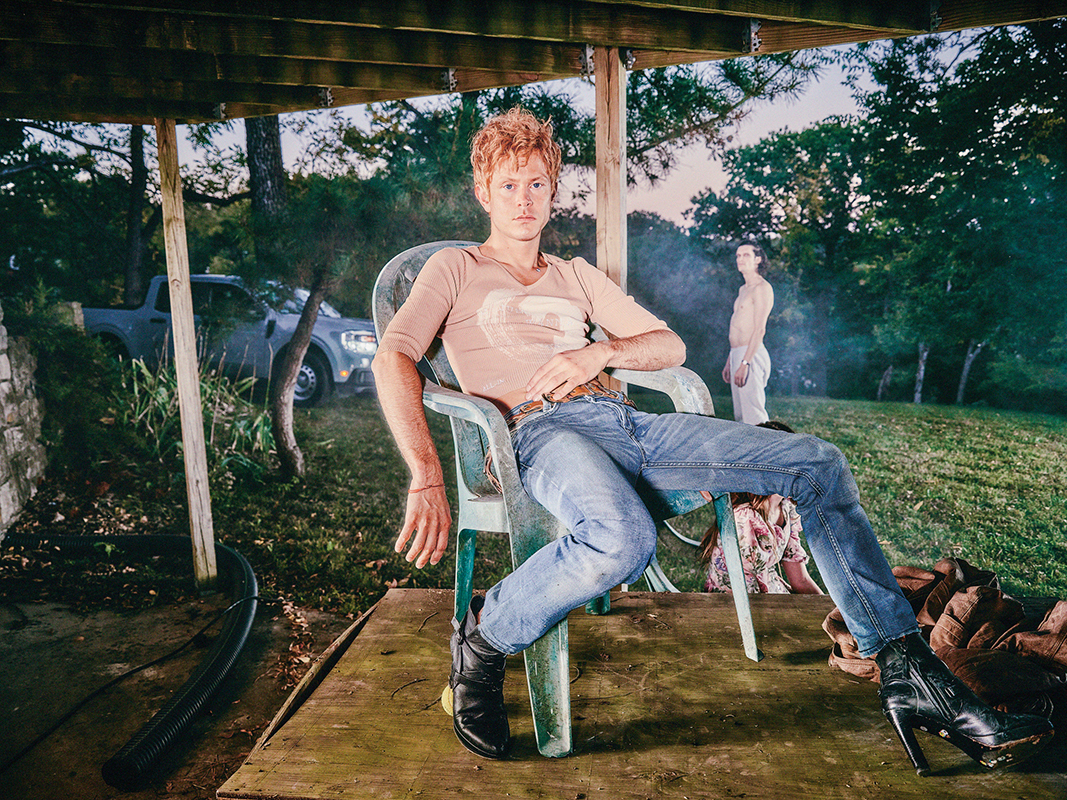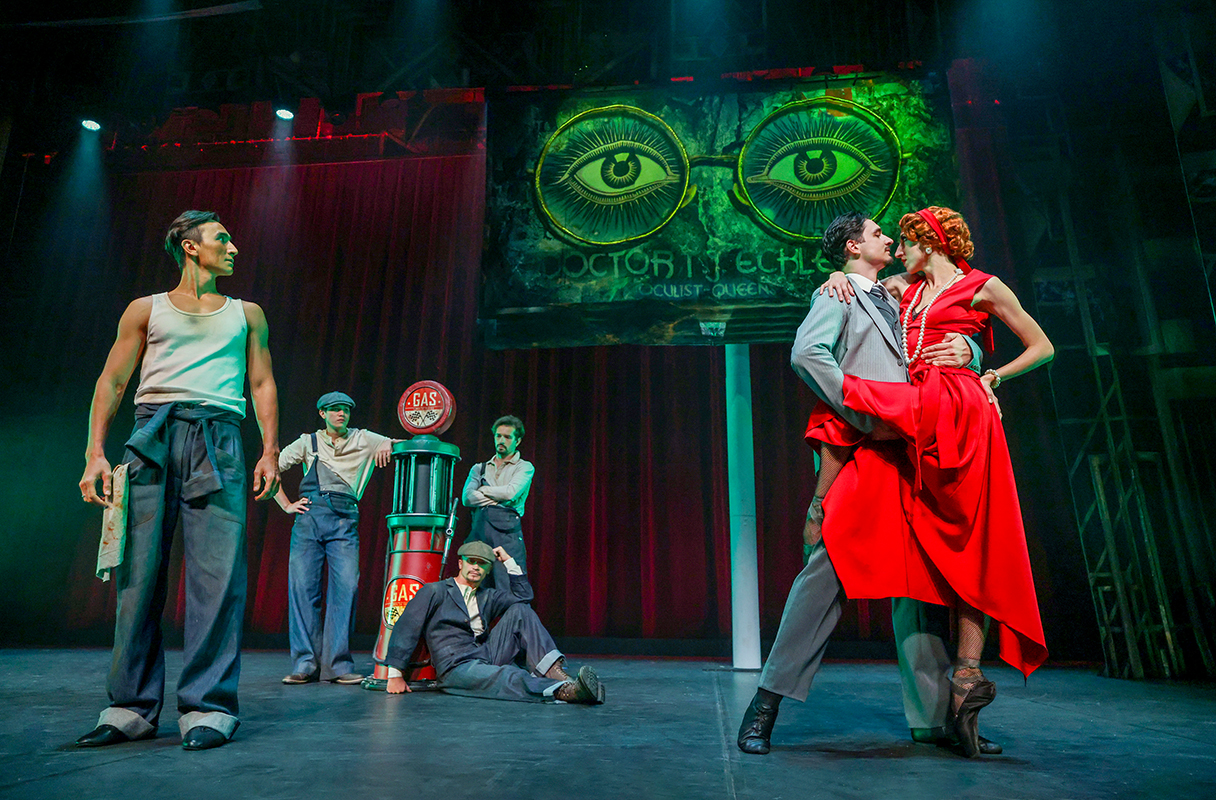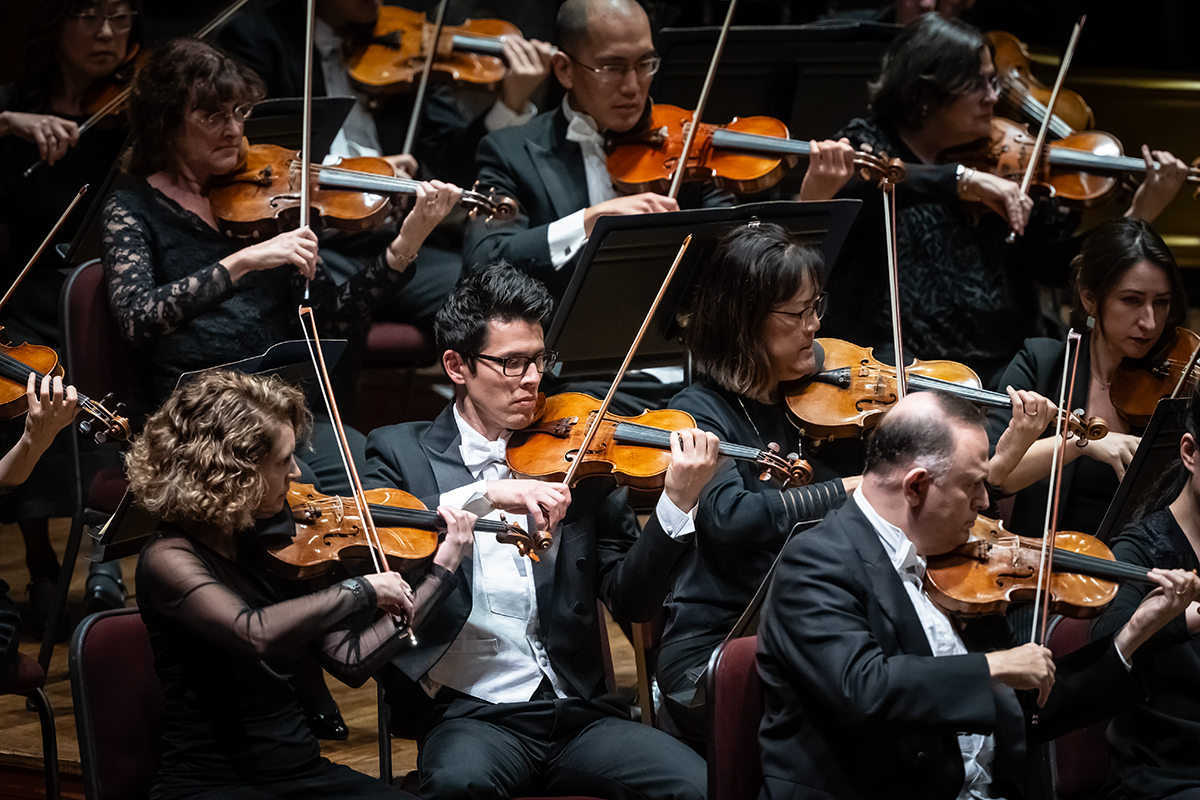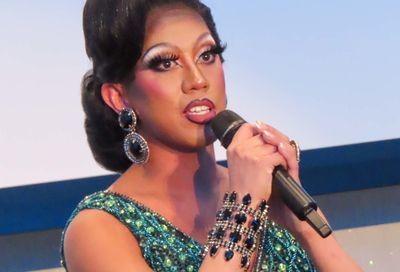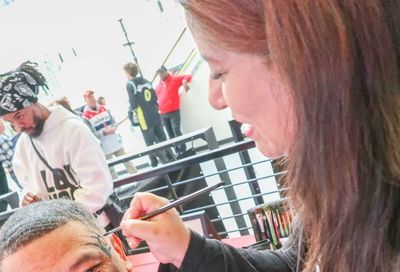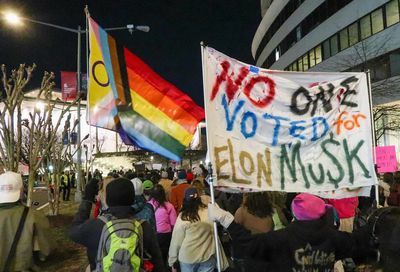Hometown Girl
From her start in D.C. to her support for LGBT issues, Mary Chapin Carpenter is not your typical country music star

Mary Chapin Carpenter
(Photo by Russ Harrington)
MW: Do you remember some of the venues?
CARPENTER: Kramerbooks and Afterwards Café. A place that used to be known as Gallagher’s Pub on Connecticut Avenue, which I believe is now called Nanny O’Briens. A wonderful, fabulous, storied, no-longer-there-but-famous place called Food for Thought on Connecticut Avenue, a vegetarian restaurant. I passed the hat there on Friday nights.
You know, just little joints around D.C. I had some wonderful times and incredibly dear friends and other musicians and we would hang out together. Sunday nights at Gallagher’s was an open-mike night, and there was a real crowd of wonderful musicians that used to hang out there. That sense of fellowship and community was really important to me. I felt I belonged with these other musicians [at a time] in my early 20s when I didn’t know what I was doing.
MW: You didn’t study music in college, I understand.
CARPENTER: I really don’t think I allowed myself to imagine that I’d ever be fortunate enough to do this. My folks sent me to college; I was so lucky that they could do that. I was just a liberal arts junkie in college: history and literature and a few sociology courses thrown in, art history, lots of English courses. And I really didn’t know what I was going to do with that. [After college] I sort of patched together some sort of living, living in group houses [in D.C.] and doing temp work and playing in bars and clubs and just kind of – it was a complete improvisation for a period of time. I didn’t have a plan.
MW: But obviously the liberal arts side of you, that helps inform your lyric writing.
CARPENTER: Well, I guess it does, yeah. I love to read and I love to write. I sort of feel like everything in your life is helpful to you. You’re a sponge and you absorb things, and whether or not you’re conscious of it, they come out in what you do.
MW: I realize your touring season just started so it’s still early, but how is the reception to the new material?
CARPENTER: I don’t ever like to say, ”Oh, we killed it!” [Laughs.] All I know is that the audience [in Pittsburgh] was lovely, and I loved it, and I had a wonderful time. You know, it’s always a little nerve-wracking to present brand new material. And I definitely got the jitters. I’m just such a perfectionist, always trying to get a sense of how it’s going [even] while I’m playing. But I felt really happy with how it went. I might make a few adjustments but it’s a good start.
MW: You must also get the jitters because you’re pretty forthright in your material about expressing what you’ve gone through, and reflecting on your life and your issues.
CARPENTER: There’s no question that Ashes and Roses is a very personal record, and it addresses some issues that are sort of the big topics in our lives. As a songwriter I’ve always sort of written about my internal world. That’s what people do; it’s not unique to me. A singer-songwriter is sort of a genre unto itself, I’ve always felt. And invariably you speak to your emotions and your feelings – as well as of course, you know, write songs about the world beyond you and so forth.
MW: I imagine it takes a while for you to figure out how to write about some of your feelings though, or what you want to say.
CARPENTER: I think the oldest song on the record — ”Don’t Need Much to Be Happy” — dates to the summer when my marriage was coming apart two years ago. There are some days where you sometimes have to write down what gives your life meaning and what makes you feel whole in order to remember it when you feel so bad. And that’s what that song really was. It was like I was trying to comfort myself. And I was in the midst of my marriage coming apart, and I didn’t have a lot of perspective at that point. However, it took another year or so to finish all the rest of the songs. So there was obviously a certain amount of time that had elapsed to give me some sort of observation point, I guess, if that’s the right term.
Having said that, it’s not like the point at which I’m at now is that I’m over it, and everything’s fine. This stuff takes a long time to sort of figure out and process and transition through. I’m still going through it. I have terrible days of feeling lost. And then I have other days when I can definitely tell that I’ve come some distance from certain things, and the pain or the sorrow feels less acute. So it takes a while.
MW: I gather that songwriting for you is a little bit therapeutic to some extent.
CARPENTER: Therapeutic? I don’t know if that’s the right word as much as it just kind of helps. I think by writing about things and thinking about them and trying to work to excavate feelings and explore them — there is a therapeutic value to that. But it’s not like therapy, you know what I mean? Songwriting, as I think with any creative effort, is a way of making sense of your world, or connecting to the world in some way. And all of those things are very positive things. So straight therapy, I don’t know, but it does have a value in terms of just helping you sort through things.
MW: And then by extension, you help listeners and fans sort through their own issues and problems, by seeing you do the same.
CARPENTER: When people tell me that they connect or something I wrote resonates with them, that always feels like a gift. Divorce and grief and loss, those things are very isolating experiences, or they can be. It’s comforting to know you’re not the only one. And that’s very therapeutic I think.
MW: How long were you married?
CARPENTER: I was married for eight years. Two years since I was divorced.
MW: An eight-year marriage will take a while to process and heal from.
CARPENTER: Yeah, I don’t know. Oh boy. [Laughs.] It’s a hard one. It continues to haunt me.
Support Metro Weekly’s Journalism
These are challenging times for news organizations. And yet it’s crucial we stay active and provide vital resources and information to both our local readers and the world. So won’t you please take a moment and consider supporting Metro Weekly with a membership? For as little as $5 a month, you can help ensure Metro Weekly magazine and MetroWeekly.com remain free, viable resources as we provide the best, most diverse, culturally-resonant LGBTQ coverage in both the D.C. region and around the world. Memberships come with exclusive perks and discounts, your own personal digital delivery of each week’s magazine (and an archive), access to our Member's Lounge when it launches this fall, and exclusive members-only items like Metro Weekly Membership Mugs and Tote Bags! Check out all our membership levels here and please join us today!




